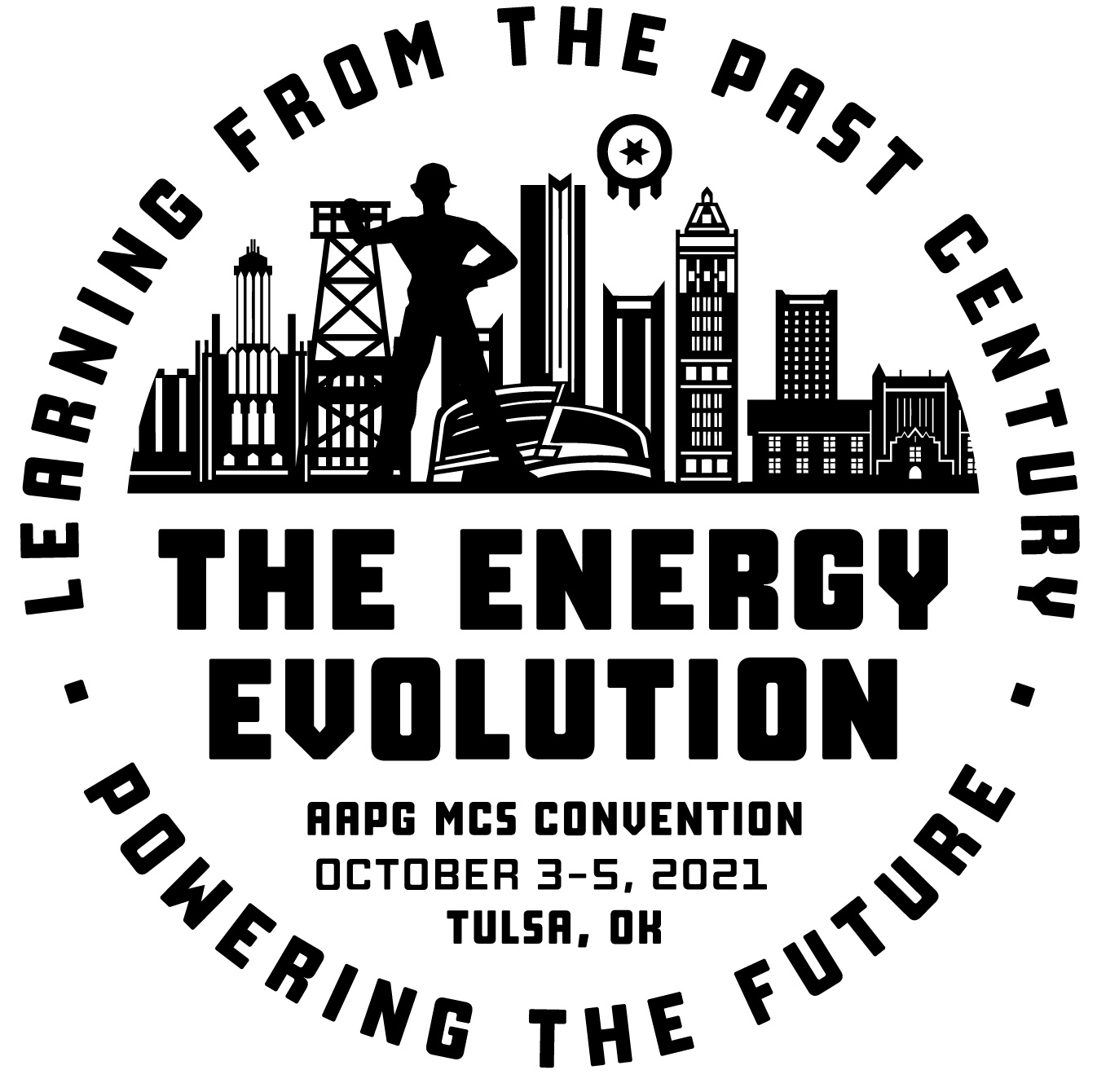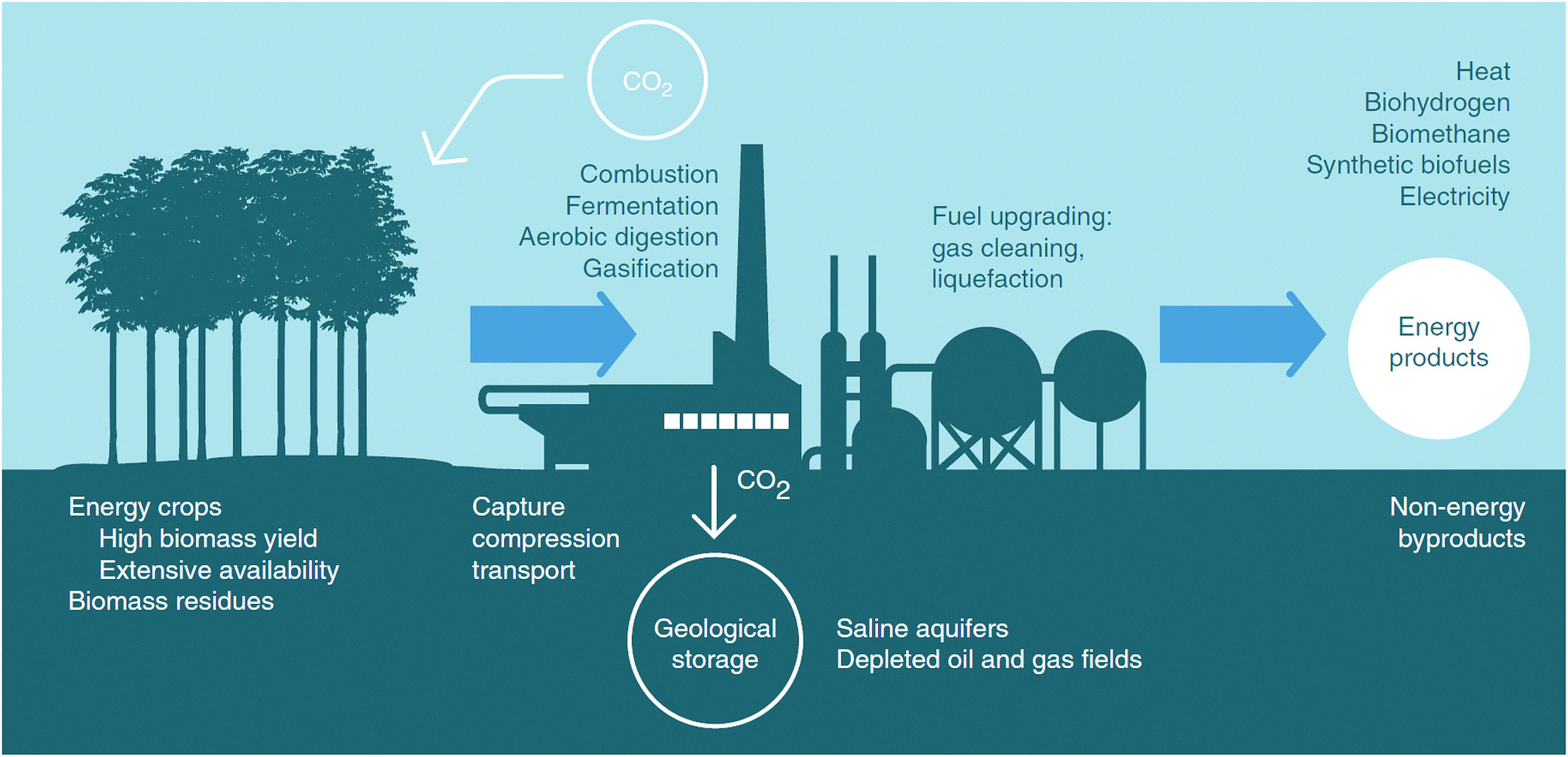 |
 |
|
<Back to Field Trips and Short Courses SHORT COURSES Fundamentals of Carbon Capture, Utilization and Storage Dr. Camelia Knapp, Dr. Jack Pashin, Dr. Eugene Holubnyak & Sallie Greenberg AAPG Midcontinent 2021 Sunday, October 3rd ~ Full Day Course Modul 1: Introducing the problem and the opportunity: global change and sustainable energy generation that leads to innovation (1 hour) · Brief historic excurse: from ozone layer problem to CCUS · Discussing the concept: geoscience to the rescue and why it works o Natural analogues o Oil and gas examples, including EOR cases o Waste disposal, including hazardous materials o First field examples to modern state of the industry · Challenges for the industry o Pore-space competition & Induced seismicity o Policy & legal framework o Socio-economic aspects Modul 2: Geoscience to the rescue (2.5 hours) · Geologic site characterization for CCUS: prospecting for pore space o Techniques § Petrophysics § Geophysics: passive and active seismic § Structural geology and geomechanics § Geochemistry § Geologic modeling § Numerical modeling o Geologic site selection § Storage capacity § Caprock integrity § Accessibility and infrastructure § Importance of staked storage potential · Field example: … · Alternative options o ROZs o Basalts Modul 3: Engineering for CCUS Project (2.5 hours) · Importance of infrastructure: connecting the dots · CO2 capture basics: sources, methods, and costs · Surface facilities design and operations · Wellbore design and operations & wellbore leakage · Reservoir engineering and modeling o Operational envelops o Injection optimization strategies · Field example Modul 4: Importance of policy and legal framework (2 hour) · US EPA UIC Program and UIC Class VI permit · Federal legislation towards CCUS: SCALE Act, Use It Act, 45Q, 48A, appropriations, etc. · State legislation: appropriations, primacy for Class II & Class VI, and CCUS related acts · Recognizing the opportunity for the industry and beyond · Economic outlook: job impacts, sustainability, and economic growth · Importance of outreach and education · CCUS Hub concept · Geoscience jobs of the future Instructors Dr. Camelia Knapp With my original training in Geophysical Engineering in my home country of Romania, and work experience with the oil & gas industry and crustal-scale seismic research prior to my doctoral program at Cornell University, my background and research interests have broadened through training and academic employment at Cornell University and the University of South Carolina. I have engaged in collaborative and interdisciplinary research with other faculty throughout my research career, being the recipient of valuable mentoring in my earlier years, and attempting to provide the same for junior faculty in later years. My research portfolio includes (1) application of active source seismology to the structure, composition, and physical properties of the Earth crust and upper mantle, (2) environmental research as it relates to high-resolution imaging of the shallow subsurface for issues related to natural or manmade hazards and hydrogeology, (3) study of marine gas hydrates seen as future energy resources and potential global climate change triggers, (4) geophysical characterization to assess geologic reservoirs for CO2 storage, and (5) seabed geological and geophysical characterization for wind energy development. Dr. Jack Pashin Jack Pashin joined the faculty of the Boone Pickens School of Geology at Oklahoma State University in January 2013 as the Devon Energy Chair of Basin Research. He received a B.S. degree in geology from Bradley University in 1982, and M.S. and Ph.D. degrees in geology from the University of Kentucky in 1985 and 1990, respectively. Prior to joining OSU, Dr. Pashin served as Associate Director of the Geological Survey of Alabama, where he led the Energy Program. He joined the Geological Survey of Alabama in 1988 and led numerous research projects on coalbed methane, shale gas, onshore and offshore conventional reservoirs, and geologic carbon sinks. Dr. Pashin is strongly committed to geological education, has served on graduate committees at eight U.S. and Australian universities, and is involved in a range of educational outreach initiatives. He has published extensively on a variety of topics in sedimentary geology, structural geology, and reservoir geology and has won many awards for his research. He has served as an AAPG Haas-Pratt Distinguished Lecturer and is active in several geological societies and committees. Jack is an honorary member of the Energy Minerals Division (EMD) of AAPG, is an AAPG Charles Taylor Fellow, has been elected to GSA Fellowship, and has served as Chair of the GSA Coal Geology Division. He has chaired the AAPG-EMD Coal and Coalbed Methane Committees, the Antoinette Lierman Medlin Scholarship Committee of the GSA Coal Geology Division, and was co-leader of the technical working group of the IOGCC Task Force on Offshore Geological Carbon Sequestration. He is an Associate Editor of the AAPG Bulletin and serves on the Editorial Board of the International Journal of Coal Geology. Dr. Eugene Holubnyak Eugene Holubnyak is a Petroleum Engineer at Kansas Geological Survey (KGS) and has over 14 years of experience in applied geoscience and energy-related research. Eugene has worked for five years at Plains CO2 Reduction (PCOR) Partnership before transitioning to KGS in 2012. He managed several research and field scale projects funded by Department of Energy including Wellington Field CO2 EOR and storage pilot (DE-FE0006821) and participated in numerous DOE funded projects as a Co-PI. Currently, Mr. Holubnyak is serving as a Joint-PI for CarbonSAFE Phase II Integrated Mid-Continent Stacked Carbon Storage Hub project (DE-FE0031623), leading KS CCUS Task Force, and representing KGS at the Regional Carbon Capture Deployment Initiative. Eugene is specializing in reservoir modeling, simulations, and fluid geochemistry applied to oil & gas reservoirs and waste fluid injection. Mr. Holubnyak is very familiar with UIC program, including hands on experience with UIC Class VI well permitting and preparing projects to qualify for 45Q credits. Eugene is also interested in space exploration and developments in Advanced Life Support Systems for space settlements. He is continuing research and publication activities in this area. Dr. Sallie Greenberg Earth Scientist, Educator, and Evaluator with 30 years applied research experience in geology and social science addressing energy and environmental challenges associated with fossil fuel resources. Specializing in strategic visioning for natural resource organizations, carbon storage project evaluation, leading scientists, science communication, stakeholder engagement, and program evaluation with extensive experience in preparing proposals; project, data, and personnel management; international research program and project development, and strategic planning. Dr. Richard Esposito Experienced R&D program manager with a demonstrated history of working in the electrical utility industry. Skilled in area of carbon capture, utilization, and storage (CCUS), bulk energy storage, geothermal power, and associated environmental permitting and regulations. Strong educational background in both engineering and geology with a PhD in engineering from University of Alabama at Birmingham and a B.S. and M.S. in geology from Auburn University. Cost: $135/Professional; $35/Student (Limited Student Slots) |

 Course Description: The purpose of this training course is to give to the participants a better understanding of the CCUS technology various aspects from CO2 capture to storage and monitoring.
Course Description: The purpose of this training course is to give to the participants a better understanding of the CCUS technology various aspects from CO2 capture to storage and monitoring.